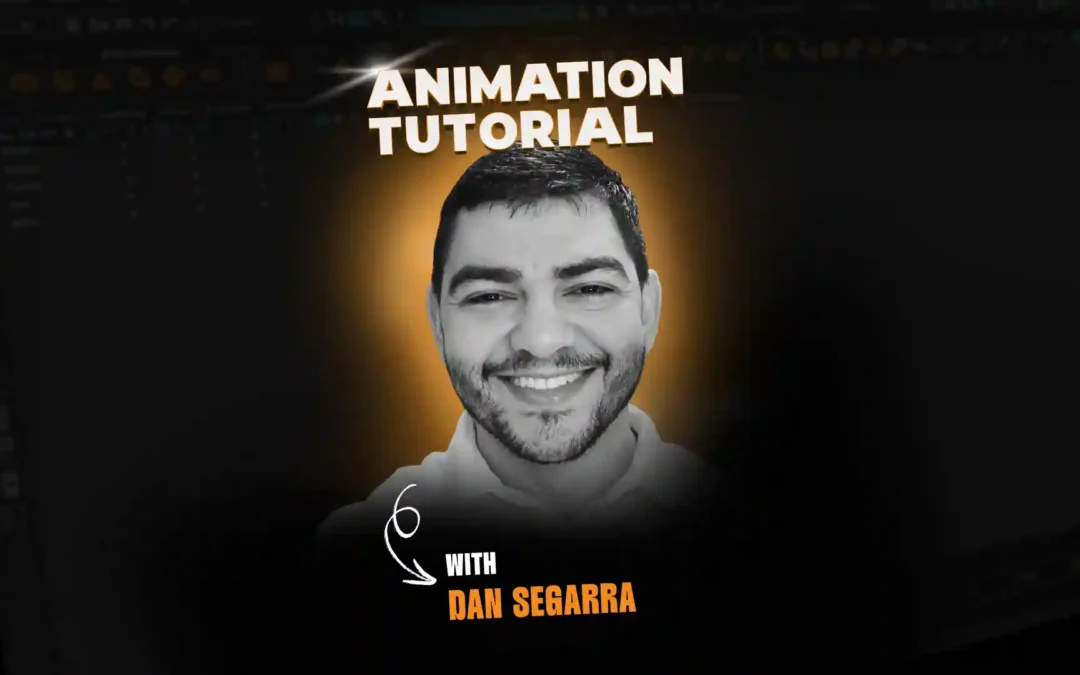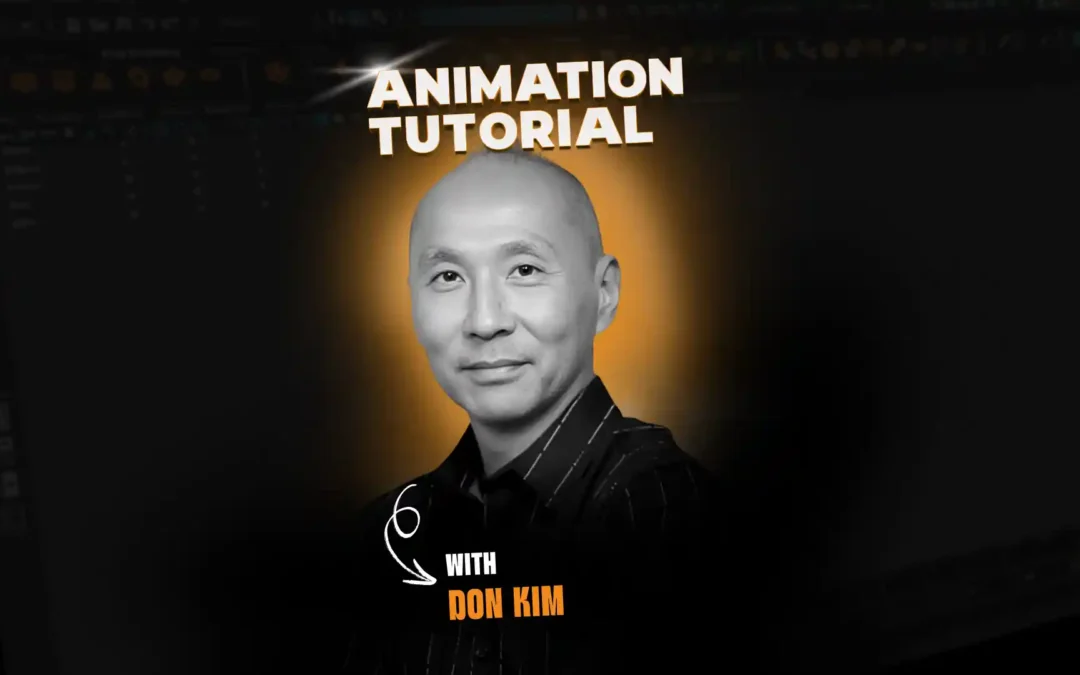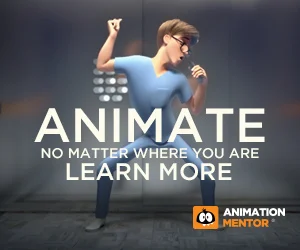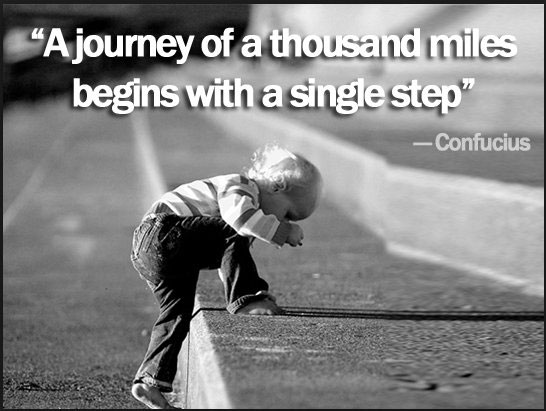
We are so honored to have a long time veteran mentor and Reel FX Senior Animator, Steve Cunningham, writes about what we all experience as artists – doubt. Is my work good enough? Am I meant to do this? These are common questions we all ask ourselves and in the struggle something beautiful emerges – you and your artistry! Yeah, you can do this…read, get inspired, and go animate!
-The Animation Mentor Crew
—
- Ask Other People How They Deal
- It’s the Struggle that Counts
- Understand the Creative Process
- First insight
- Saturation
- Incubation
- Illumination (the A-ha moment)
- Verification
- The Handout or launch
- Planning your shot, doing your homework
- Blocking/ rough animating
- Show someone/get feedback
- Final animation/polish
- First insight———–the handout
- Saturation————planning
- Incubation————rough animation
- Illumination———–get feedback and know what direction you need to go with your shot
- Verification————applying the notes and polish
- Workflow is not Universal
Working in the animation industry can be rewarding and a lot of fun but it’s also a tough nut to crack. There are so many talented people out there and competition for jobs can be fierce. It’s always best to start at the beginning, getting an education.
There are many schools to choose from and internet schools have really come into vogue within the last several years. The great thing about these online schools is that you don’t have to move to get an education. You can be anywhere on the planet and as long as there is internet access you can learn. The biggest downside to online schools is that you don’t share the traditional classroom setting. You’re alone, in your room, office, kitchen. By yourself. There is no, “Let’s all go see the latest Pixar movie after class.” or “A group of us are going to the pub, we’d love for you to join us.” or “Hey, I’m feeling a little low about my work. Do you ever feel that way?”. This last one is important because it can become challenging to balance being a creative individual and still work in a collaborative environment, especially when you’re starting out.
You’re Not Alone
Whenever we show our work to a Mentor, an anim supe or a Director we get input and notes. This can feel like criticism but it’s important to remember that the goal is to work together to come up with something greater then you could have done by yourself. In order to be a good animator/artist you need to invest something of yourself. It could be an expression, an acting choice or the way a character moves. By putting a part of yourself into your shots you expose yourself and can feel vulnerable when people give suggestions. It can be difficult to separate the criticism of the work from the criticism of the artist. It’s easy to say, “I suck!” or “I’m not good enough.” or “The person next to me is so much better than I’ll ever be.” The absolute truth is this, EVERYONE FEELS THIS WAY and you never really grow out of it. What changes with experience is how you manage these emotions and learn to work through them.
“The difference between a Master and an apprentice is that the Master has failed more times than the apprentice has attempted.” I tell my students that the difference between them and me is that when I feel stuck and frustrated I know I’ll get through it.
There are several things that have helped me. One is talking to other people and asking them how they deal with feeling insecure. Bring it up in your Q&A and ask your Mentor how he/she handles these situations.
Another is the understanding that when you see someone else’s animation and it’s amazing you’re really only seeing the end result. You’re not seeing their struggle or their failed attempts. Michelangelo said, “If people knew how hard I worked to get my mastery, it wouldn’t seem so wonderful at all.” That’s the first rule about being an artist, “Don’t compare yourself to other artists.” Instead, let their work inspire you.
Gaining an understanding of the creative process helps too.
John Cleese on Creativity
Read Betty Edwards “Drawing on the Artist Within”. She talks about the creative process as being 5 basic steps;
Oddly enough there are basically five step in the animation process,
These actually line up,
I’ve learned how to manage:
I think this is important because when you really understand both the creative and animation process you can identify where you are and then make healthy choices about how to move forward. “Do I know what I’m going to animate?”, “Have I planned my shot thoroughly”, “Is it time to get some feedback?”. With this knowledge you can recognize your emotional state as well.
Another thing that really helped me was learning how I, as an individual artist, work best. Workflow is not universal. Richard Williams talks about having to animate in complete silence. It helped him concentrate but it might not work for you. If blaring slash metal music allows you to feel productive then that’s what you need to do. If taking breaks and walking away for five minutes helps you then do that. If powering through for three hours without a break is your thing…well, you get the idea. For me, I know when I need silence (thank you noise canceling headphones), when I need to listen to classical music or the sound of rain via youtube. I also know when to take a break and when to power through. Learning about how you function will also help you to decide how to organize your time. By doing these things you will avoid spiraling down a dark hole.
Ultimately, I’m not sure you can eliminate feelings of insecurity but with a solid understanding of the creative/animation process and a knowledge of how you, as an individual, function you can certainly work through the tough times!
Animation is hard. It’s hard from a technical standpoint but it’s also hard from a creative/artist standpoint. Just remember, everyone goes through feelings of self doubt, it’s natural. Just don’t let them get in the way of a wonderful career.
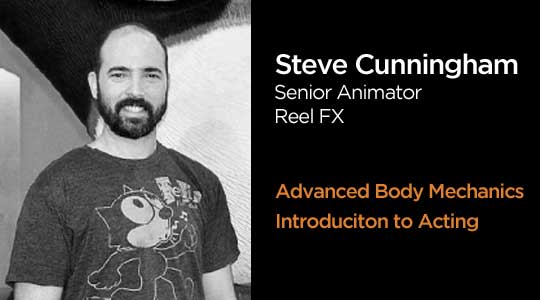
Steve Cunningham is a 20+ year animation veteran. You can see some of this work in Frozen, The Book of Life, and the upcoming DreamWorks film Me and My Shadow. He is also a veteran mentor at Animation Mentor since 2008. He’s taught Advanced Body Mechanics and Introduction to Acting.
